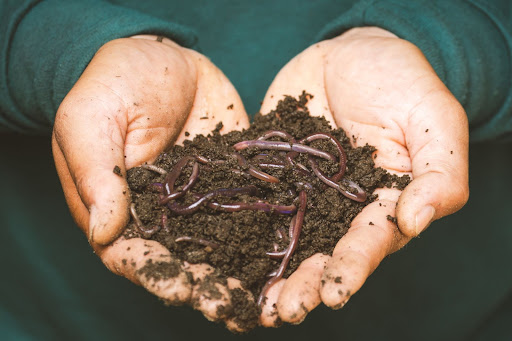There are many misconceptions about tree fertilizers. Most people don’t realize that not all tree fertilizers are created equal – different trees and soil types will yield different results – and tree fertilizer isn’t the miracle-in-a-bag that will save your trees. This article will serve as a crash course in tree fertilizers – we’ll discuss how to choose the best one for your needs, as well as some of the benefits and drawbacks of different types!
Does it NEED Fertilizer?
Many established trees will never need fertilizer, while others will benefit from periodic applications. The best way to determine if your tree needs fertilizer is to have a soil test done. Most tree roots are relatively shallow, so even if the topsoil looks healthy, the tree may not be getting all of the nutrients it needs from just that layer. A simple soil test will tell you what nutrients are already present in the dirt and which ones may be lacking.
Other Signs Your Tree Might Benefit from Fertilizer
- If your tree is newly planted or young
- If your tree is showing signs of poor growth such as poorly colored, pale leaves, unusually small leaf size, earlier than normal fall coloring and leaf drop, little annual twig growth, or twig or branch dieback (Note: Heavily compacted soil or poor weather conditions can also cause these symptoms)
- If your tree is planted in sandy soil with little organic matter
Types of Fertilizer
There are two main types of tree fertilizer: organic and inorganic.
Inorganic tree fertilizers are made with synthetic chemicals and can offer a quick-fix solution for nutrient deficiencies. However, they can also harm the environment if not used correctly, as they can easily leach into groundwater. Additionally, inorganic tree fertilizers can burn tree roots if misapplied.
On the other hand, organic tree fertilizers are made from natural materials such as manure, compost, and bone meal. They release nutrients slowly over time and are much less likely to cause root burn. However, they may not be as immediately effective as inorganic tree fertilizers.
The best tree fertilizer for you will ultimately depend on your specific tree and soil type, as well as your budget and goals. If you’re unsure where to start, we recommend talking to a local tree expert. They can help you determine which product will work best for your needs!
Choosing the Best Fertilizer for Your Trees
1. Do Your Research
Before you start shopping for tree fertilizer, it’s essential to do your research. Only some products are created equal, and the best tree fertilizer for your needs may not be the most popular or well-known brand. Start by reading the label carefully. The three numbers on a fertilizer bag (known as the N-P-K ratio) will tell you the product’s percentage of nitrogen, phosphorus, and potassium. These are the three most important nutrients for tree growth.
Tree and shrub growth is more often limited by a nitrogen deficiency than by a lack of other elements. As a result, trees usually respond best to fertilizer with a 2-1-1 or a 3-1-1 ratio (nitrogen-phosphorus-potassium).
2. Fertilize Correctly
Once you’ve selected a fertilizer, following the application instructions carefully is important. Overfertilizing can be just as harmful as not fertilizing at all! Tree roots are sensitive to high concentrations of fertilizer, and, as we mentioned earlier, too much can cause root burn.
When applying tree fertilizer, always follow the manufacturer’s instructions. Talk to a tree care specialist if you need clarification on how much or how often to apply the product. They can help you create a fertilization schedule that meets your tree’s needs.
3. Consider Timing
The timing of your fertilizer application is also essential. Generally, it’s best to fertilize trees in the early spring before new growth begins. This gives the tree a chance to absorb the nutrients before it puts out fresh leaves and branches. However, there are some exceptions to this rule. If your tree shows signs of nutrient deficiency, you may need to fertilize it more than once a year.
And that’s it! With some research and careful planning, you can ensure that your trees get the nutrients they need to thrive. Just remember: more is not always better when it comes to tree fertilizer. A little goes a long way!
Related Reading: Fertilizer Root Injections to Support Tree Health
 Bringing Sexy Back Into Your Yards
Bringing Sexy Back Into Your Yards 
